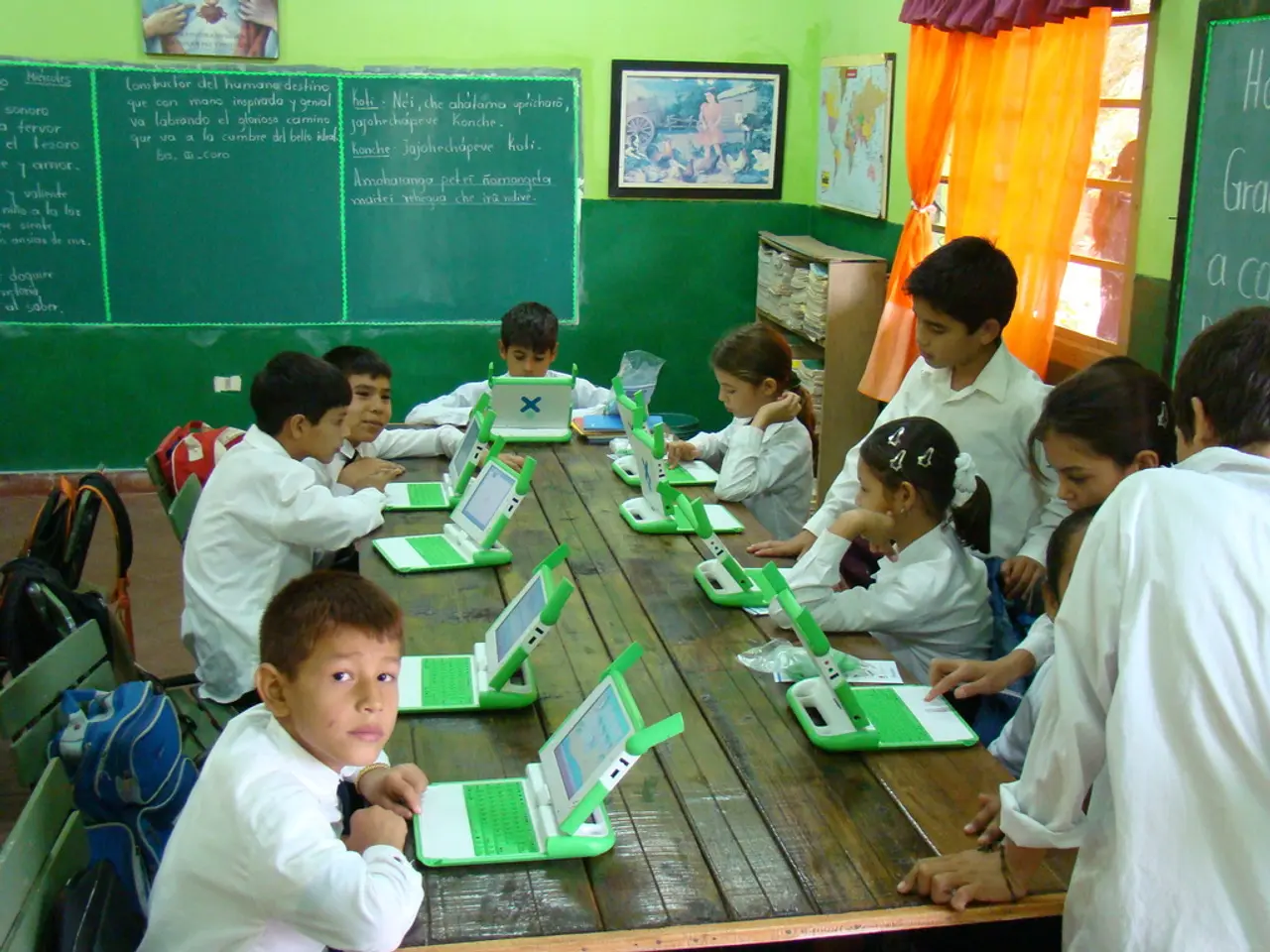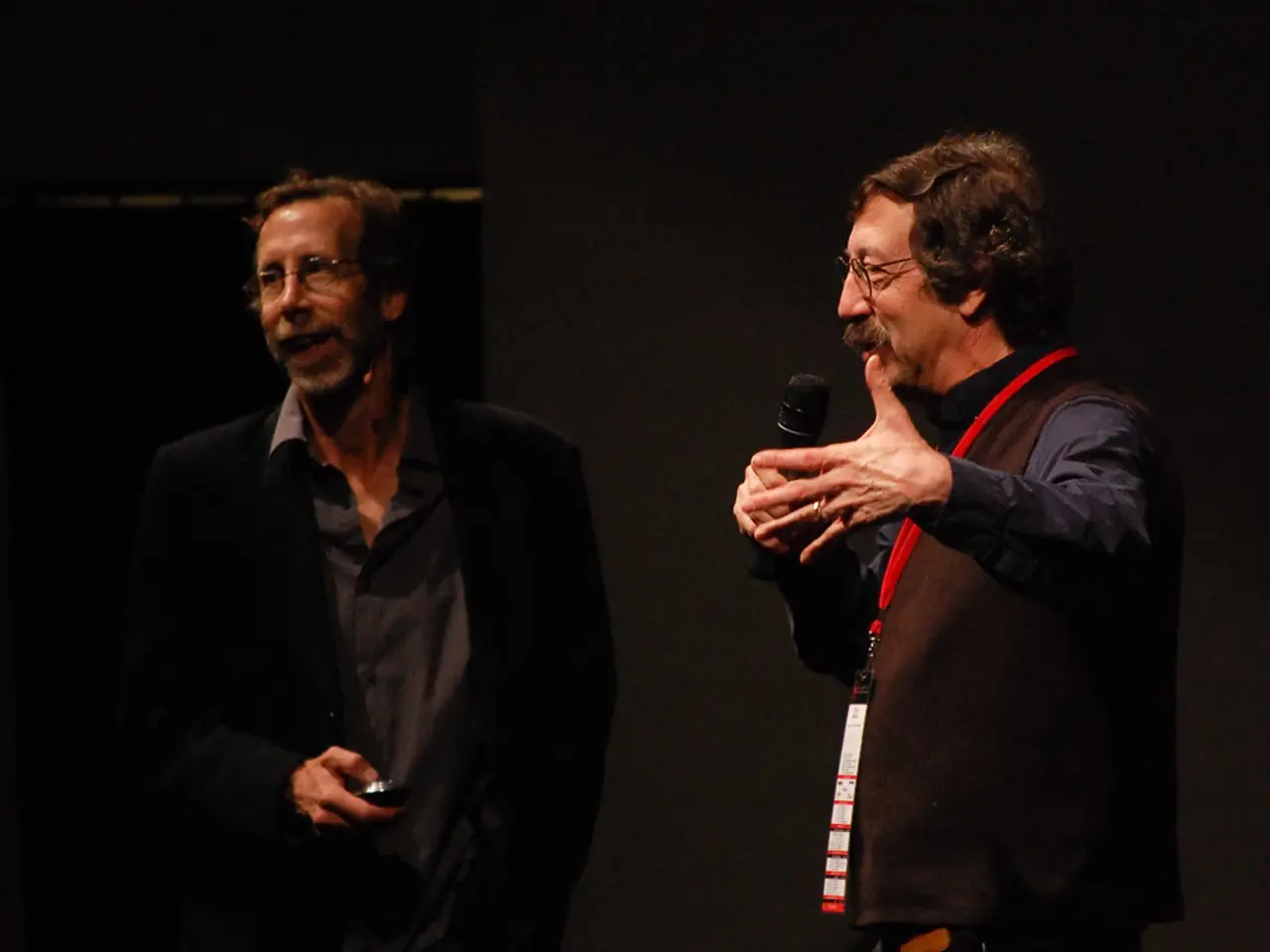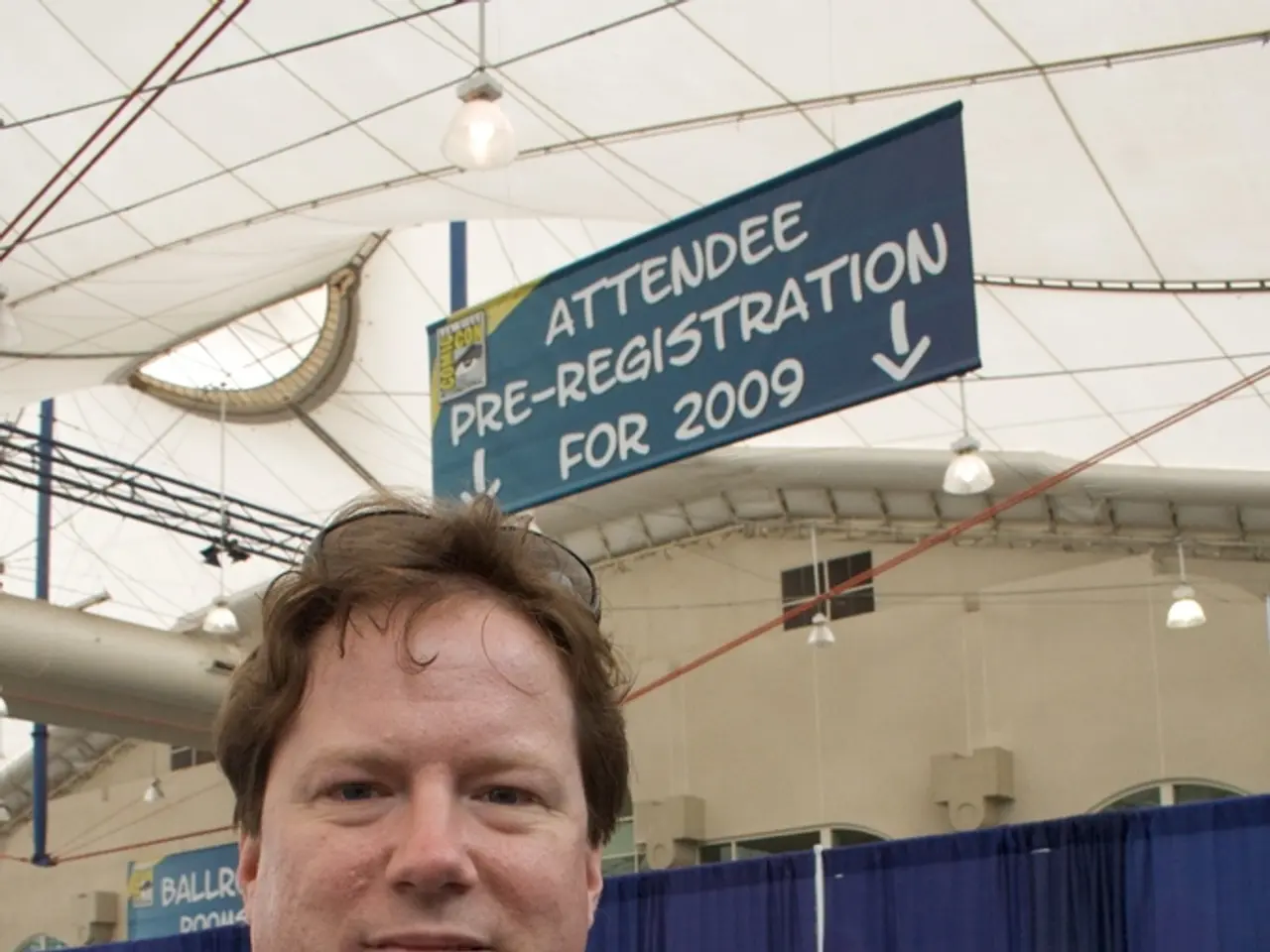International cooperation, rather than a threat to national autonomy, can be considered its contemporary embodiment
In the face of growing economic uncertainty and the persisting challenges of tax evasion and illicit financial flows, a prominent speaker has called for a global fiscal pact to rethink the new financial architecture. This call comes as the world grapples with the need for network multilateralism, grounded in interdependence, to address the complex issues of our time.
The speaker's keynote address, delivered at the Berlin Forum on Global Cooperation 2025, was a thought-provoking discourse organised into three sections: revisiting analytic categories, examining the current financial architecture, and discussing governance of commons and public goods.
Quoting Henry Morgenthau Jr., who said at the Bretton Woods conference in 1944 that the best way to guarantee national interest is through international cooperation, the speaker emphasised the importance of cooperation in the modern era. It is worth noting that this quote was actually attributed to John Maynard Keynes, a leading British economist who played a significant role at the conference, advocating for international economic cooperation to ensure stability and mutual benefit among nations after World War II.
The speaker also highlighted the UN's system of environmental economic accounting, suggesting that it needs to be better utilised to value the contribution of the "Global Majority" (or "Global South"). They also proposed a re-discussion of the geography of financial flows, which serves the purpose of looking at alternatives to rethink and revisit the concept of the Global South.
In the current economic climate, the World Bank expects growth to slow down significantly. In high-income economies, growth is projected to decrease from 1.8% to 1.4%, while in the speaker's region, it is expected to drop from 4.3% to 3.7%, signalling an economic downturn.
Despite these challenges, remittances sent to middle to low-income countries have grown by 650% in the last 20 years, amounting to 647 billion dollars. This is more than the annual lending capacity of multilateral development banks, highlighting the potential of these flows in supporting economic development.
The speaker advocated for moving away from the narrative of "aid" or "assistance" toward one of "cooperation". Initiatives like the Debt Relief and Green and Inclusive Recovery Project have proposed concrete responses to address debt and define how different creditors should operate.
However, developing countries are facing escalating debt, reduced fiscal space, and the inability to make investments in critical sectors such as health care, education, and climate action. This crisis, according to the speaker, is not a crisis of scarcity, but a crisis of priorities and political choices, which challenges the very essence of collective action and multilateralism.
The speaker also addressed the deep geopolitical fragmentation, with trade protectionism on the rise, defense spending increasing globally, and financial instability persisting. They suggested that this fragmentation necessitates a redefinition of sovereignty, moving towards cooperative sovereignty and the sovereignty of peoples in the service of humanity.
The United Nations, too, is facing a profound crisis, lacking resources, political traction, and facing a significant performance challenge. Between 2000 and 2017, developing countries have transferred 900 billion dollars to the Global North, according to UNCTAD. In 2021-2022, the Global North imported 96 trillion hours of labor from the South, while exporting just 80 trillion.
Amid these challenges, the speaker is following the negotiations of the Fourth UN Conference on Financing for Development, which will be hosted by Spain at the end of June. They believe that redefining the metrics of development, to better respond to new realities, such as recognising the Earth system that underpins life and accounting for air, water, biodiversity, and pollination, is crucial.
The keynote speech can be listened to online for those interested in learning more about this pressing global issue and the speaker's vision for a more equitable and sustainable future.
- The speaker, advocating for a more equitable world, suggested that the UN's system of environmental economic accounting could be better utilised to value the contribution of the "Global Majority" in the context of europa's integration, particularly in sectors like education-and-self-development and business.
- Recognising the potential of remittances in supporting economic development despite economic downturns, the speaker urged for a shift from the narrative of 'aid' or 'assistance' towards one of 'cooperation', linking this engagement to the finance sector.
- Amidst the ongoing challenges of tax evasion, illicit financial flows, and geopolitical fragmentation, the speaker emphasised the importance of finance governance in the service of humanity, redefining sovereignty as cooperative sovereignty, and aligning financial architecture with the principles of multiparty cooperation and network multilateralism.




